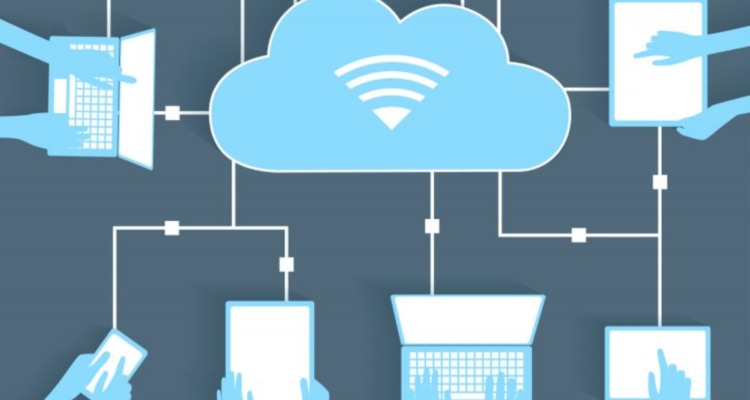With the improvements in mobile cloud computing, security has become a key concern. Several main concerns and constraints of mobile cloud computing were summarised by examining existing and suggested frameworks for mobile cloud computing, as discovered in examining current and proposed frameworks for mobile cloud computing.
We’ve broken down some of the most significant security challenges in mobile cloud computing into a variety of categories:
-Security Issues with Cloud Computing on Mobile Devices
-Mobile Cloud Computing Data Security and Privacy Issues
Every mobile cloud user is concerned about the most severe concern about storing data in the cloud. One of the significant issues in the world of mobile cloud computing is data security.
Transferring crucial data to the cloud can be daunting due to the following data problems that are all too typical in the cloud:
- Theft of data
- Infringement on privacy rights
- Physical security is compromised
- Handling encryption and decryption keys
- Virtual machine security and auditing issues
- Incompatibility of services owing to the involvement of multiple vendors
- Lack of standard to ensure data integrity
Customers own the privacy of their data saved in the cloud. If you want to promote the usage of cloud data services, it’s critical to standardize the concerns in cloud computing related to the data life cycle. This comprises standardizing data generation, data transit, data use and sharing, data storage, and data archiving and destruction.
End-User Mobile Device Attacks
You must also safeguard the data in the cloud from any attacks on the end user’s mobile device. From an information security standpoint, it is critical to secure data from dangers such as device data theft, virus and malware attacks via wireless devices, and the misuse of access rights.
Concerns about data security
The following are some of the most typical cloud computing information security concerns:
- Server and database system security
- User authentication
- Network security – Data security
- System and data storage security
Cloud Service Delivery Models and Architecture
In terms of architecture, mobile cloud computing also confronts some issues. These issues include computational offloading, security for mobile users, apps, or data, increased data access efficiency, context-aware mobile cloud services, migration and interoperability, service level agreements, and cost and pricing.
Security challenges with the PaaS model include those relating to structured query languages and application programming interfaces. Data security management, online application vulnerability, and scanning are all challenges with the SaaS model.
Issues with Mobile Cloud Infrastructure
On the cloud, a number of security threats are feasible due to the lack of mobile cloud architecture. These attacks jeopardize the security of cloud users’ data once again. Attacks on virtual machines, platform-level vulnerabilities, phishing, authorization and authentication, and assaults from local users are some of the possible attacks on cloud infrastructure.
Issues with Mobile Cloud Communication Channels
At several levels, the mobile cloud communication channel needs a lot of work. At a communication channel, the following attacks are possible:
- Attacks on access control
- Attacks on data integrity
- Authentication attacks
- Availability attacks
- Other key communication constraints include low bandwidth, latency issues, availability of required services, heterogeneity, and limited resources.
MCC’s security and privacy standards
The following are MCC’s general security requirements:
- Respect for others’ privacy: One of the most fundamental requirements for keeping mobile users’ data secure in the cloud is confidentiality. Every day, massive amounts of data are exchanged through insecure public networks. As a result, data should be securely processed in public cloud servers, with a focus on data storage and processing security.
- Integrity: Given the massive amount of data saved and processed at the service provider’s end, integrity is critical. The term “integrity” in MCC refers to the guarantee that users’ data is consistent and accurate. Integrity is essential for preventing unauthorized systems or individuals from altering data without being detected. Economic, business, and other losses may occur from a lack of integrity.
- Availability: It is critical to ensure that cloud services are available at all times and in any location as required by mobile users. Providing availability protects against several types of availability assaults that could cause service delays, changes, or interruptions.
- Access Control and Authorization: It’s critical to figure out who the users are before granting them access to the data or application. It’s critical to implement access control after a successful authentication procedure to limit actions to reading, editing, running, changing, and deleting.
It is critical to address all of these security concerns in mobile cloud computing and make it a completely safe channel in order to genuinely encourage the adoption of mobile cloud computing. Only then will users feel safe saving sensitive data in the cloud. Security in mobile cloud computing is a crucial issue that will be hotly debated.
For more blogs checkout: Blogs





